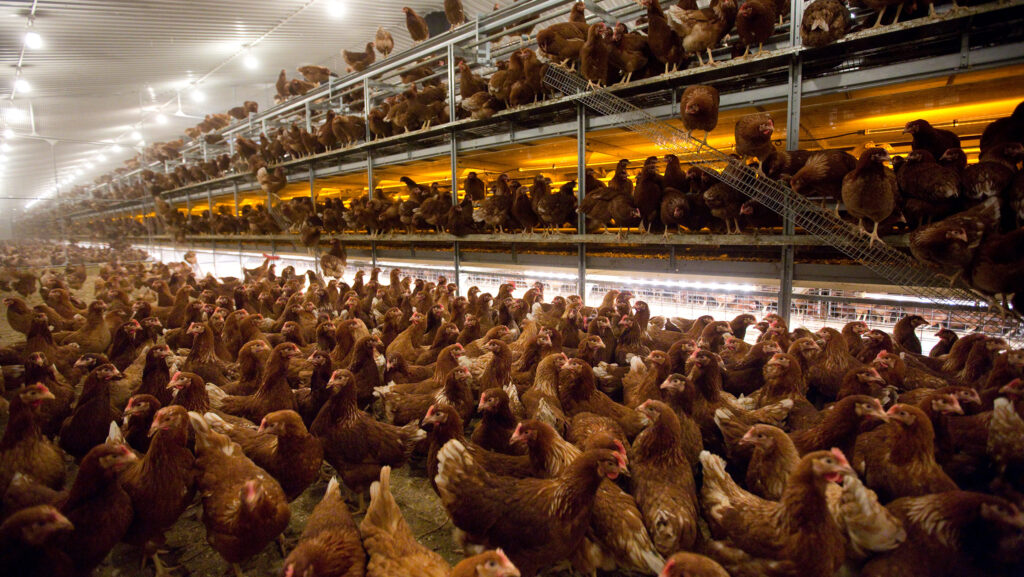Wales issues bird flu housing order as cases mount up
 © Tim Scrivener
© Tim Scrivener The Welsh government has issued a housing order for poultry and captive birds in Wales, taking effect on Thursday (13 November).
The measures are being introduced to address the increased risk of avian influenza, making it a legal requirement for all keepers of 50 or more birds of any species to house them.
Housing orders have already been introduced across England, Northern Ireland and the Republic of Ireland due to the increased risk for poultry farmers.
See also: Prepare now for ‘most dangerous bird flu strain ever’
The new compulsory housing measures will be incorporated into the existing Wales Avian Influenza Prevention Zone (AIPZ), introduced in January.
Deputy first minister of Wales Huw Irranca-Davies said the decision was necessary to protect birds and the livelihoods of poultry keepers.
“We keep measures under active review. Since the avian influenza prevention zone was introduced at the start of the year, the risk of disease has recently increased further, and Wales is now facing a very high level of avian influenza risk,” he said.
Additional measures
Mandatory housing also applies to flocks of fewer than 50 birds of any species if eggs or poultry products are sold or given away, due to the heightened risk of disease transmission linked to trading or giving away poultry products.
Additional biosecurity requirements will also be introduced for the gamebird sector, which experienced avian influenza outbreaks last season.
Industry response
The decision was welcomed by farming unions and the British Free Range Egg Producers Association (Bfrepa).
“A co-ordinated approach across all UK nations is vital to protect the health and welfare of poultry and safeguard the livelihoods of egg producers,” said Gary Ford, head of policy and producer engagement at Bfrepa.
Mr Ford added that by taking this precautionary step, Wales aligns with the measures already in place in England and Northern Ireland, ensuring consistency in disease prevention efforts.
NFU Cymru poultry board chair Richard Williams said it was a responsible decision: “This housing order will mean better separation between wild and domestic birds, thereby helping to protect birds on these units.”
Recent cases
The most recent case of H5N1 in Wales was confirmed by Defra on Sunday, 9 November, on a broiler breeder unit near Welshpool, Powys, located within 10km of the English border, affecting 26,000 birds.
Since 1 October, there have been 95 cases of avian influenza in the UK, compared to a total of 81 for the whole of the previous season (1 October 2024 to 31 September 2025).
Biosecurity
Chief veterinary officer for Wales Dr Richard Irvine warned that while housing measures can help protect birds from the threat of disease, they are not a substitute for stringent hygiene and biosecurity.
“I strongly advise keepers to act now and familiarise themselves with the steps they need to take to protect their birds,” he added.
A mandatory biosecurity checklist is available online.
The housing order and AIPZ will remain in place until further notice and will be regularly reviewed.
